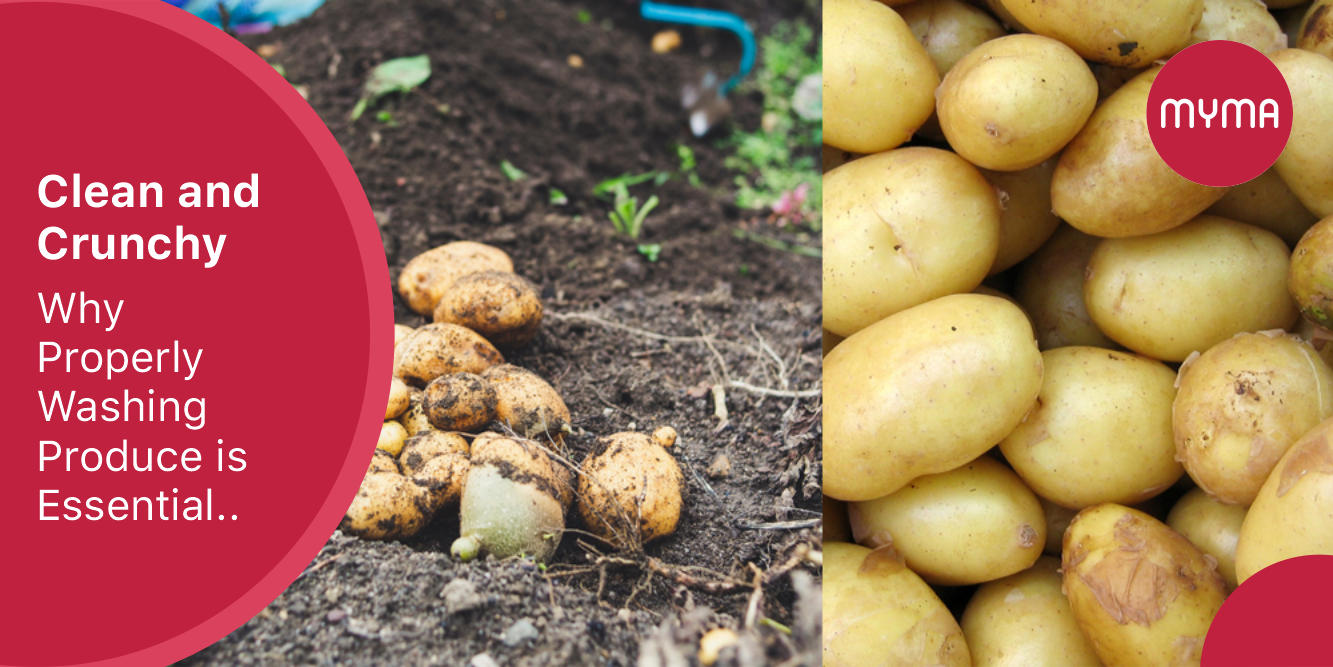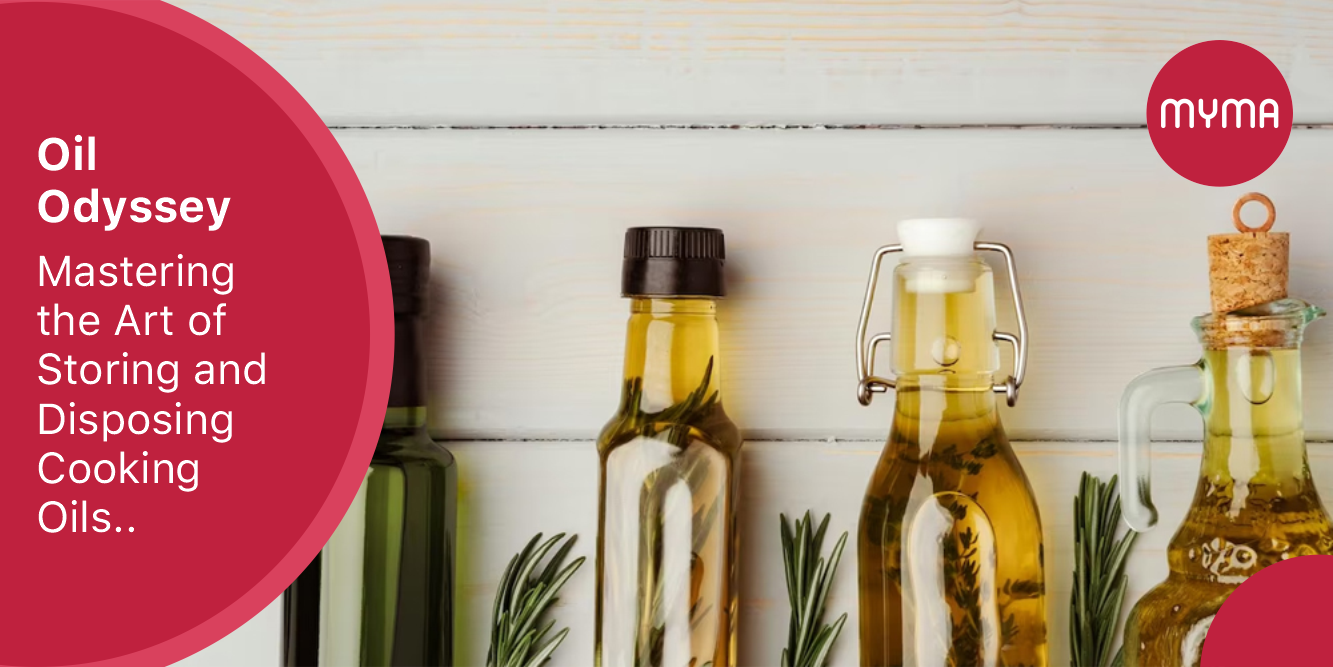Eating fruits and vegetables is an essential part of a healthy diet, but it’s also important to make sure that you’re washing them properly. Washing produce before consumption helps remove dirt, bacteria, and pesticides that could be harmful to your health. In this blog post, we’ll explore the importance of washing produce properly and provide you with tips on how to do it right.
1: What are the Risks of Not Washing Produce?
Not washing produce before eating it can lead to serious health problems. The most common risks are foodborne illnesses such as salmonella, E. coli, and listeria. These bacteria can cause symptoms such as nausea, vomiting, and diarrhea, and in some cases, they can be life-threatening. Pesticides that are used to grow fruits and vegetables can also pose a risk if ingested in large quantities. Properly washing your produce can help reduce these risks.
2: When Should You Wash Produce?
It’s important to wash produce before eating it, even if you plan to peel it. Bacteria can transfer from the outside of the produce to the inside when it’s cut, so washing it beforehand helps reduce the risk of contamination. You should also wash produce before cooking it, as this can help remove any dirt or bacteria that might be present.
3: How to Wash Produce
Washing produce is a simple process that can be done in just a few steps. Start by rinsing the produce under cold, running water. You can also use a vegetable brush to scrub the surface of the produce, especially if it has a rough texture. If the produce has any visible dirt or debris, you may need to soak it in cold water for a few minutes. Be sure to dry the produce thoroughly with a clean towel or paper towel before eating or cooking it.
4: Tips for Washing Specific Types of Produce
Different types of produce may require different washing techniques. For example, leafy greens such as lettuce and spinach should be washed thoroughly to remove any dirt or debris that might be trapped in the leaves. Berries should be rinsed gently to avoid damaging the delicate skin. Root vegetables such as carrots and potatoes should be scrubbed with a vegetable brush to remove any dirt or debris.
5: How to Store Produce After Washing
Once you’ve washed your produce, it’s important to store it properly to help extend its shelf life. Store produce in a cool, dry place such as the refrigerator to help prevent spoilage. You can also use airtight containers to keep the produce fresh for longer. Be sure to separate different types of produce to prevent cross-contamination.
6: Benefits of Washing Produce
Washing produce before consumption provides numerous benefits. It helps remove dirt, bacteria, and pesticides, which can reduce the risk of foodborne illnesses. It also helps extend the shelf life of the produce by removing any bacteria that could cause spoilage. Additionally, washing produce can help improve the taste and texture of fruits and vegetables.
7: Conclusion
In conclusion, washing produce before consumption is an important step in maintaining a healthy diet. By following these tips, you can help reduce the risk of foodborne illnesses and extend the shelf life of your fruits and vegetables. So the next time you reach for an apple or a carrot, make sure to wash it thoroughly before taking a bite. Your body will thank you!
Myma… Ghar jaisa nahi, Ghar ka khana!





